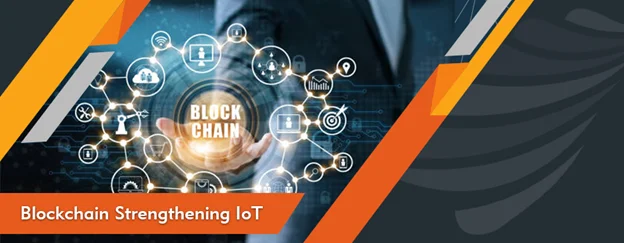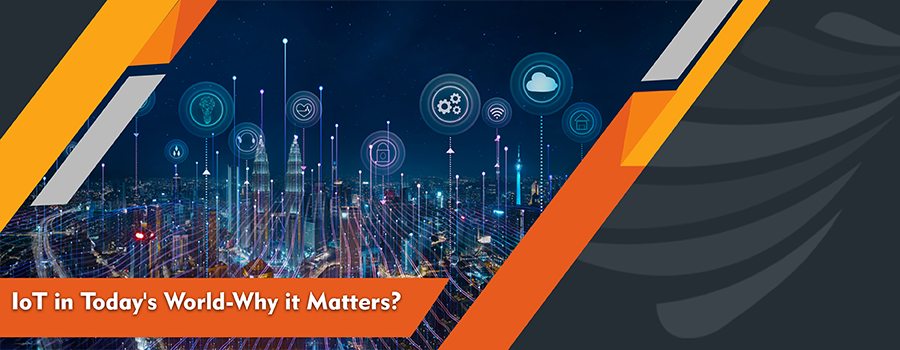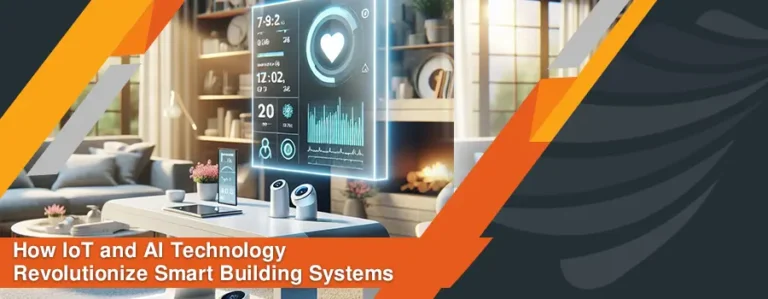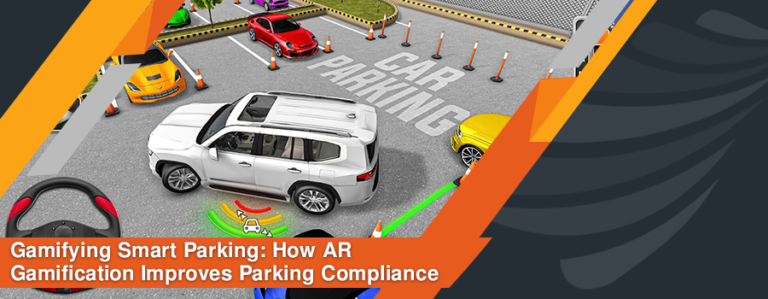IoT is doing everything men, decade ago, thought was a nuisance – voice command, smart gadgets, driverless car, AI; in short, transformed world was a mere thought in that era. IoT supplement boost to almost every industry there is – automobile, I.T., healthcare, agriculture/farming, etc., but IoT does need support too. In earnest, IoT enables devices to connect and form a network; like that of an ecosystem. Blockchain is the technology that ensures data replication, distribution, availability, and security. Together, IoT embeds with Blockchain is a power the world is holding its breath upon.
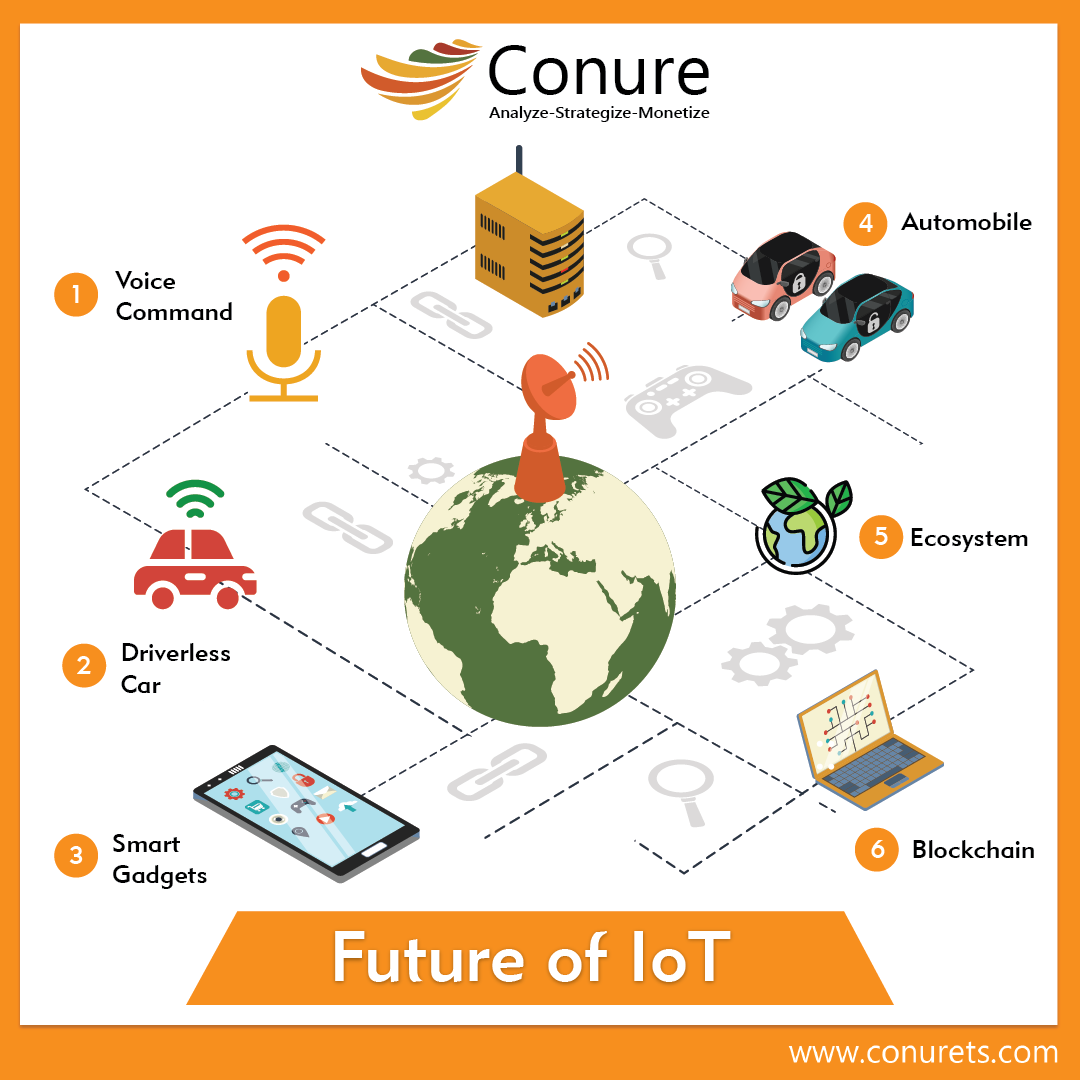
Blockchain technology enables individuals/organizations to access data from an IoT device – a feast for an enterprise. The unique feature: no need for central control or management. Combined with Blockchain and its Distributed Ledger Technology; IoT produces excellent results in almost every field – maximum transparency is achieved. Though IoT has touched many aspects of an industry, there remain few parts that are still untouched or require more attention and work – aspect like security through IoT. Data security, or for a better term “data reliability” is an aspect that IoT has yet to master. This is where Blockchain comes into play – the perfect technology that enables an IoT device to have firm security.
Storage of data IoT devices gathering is stored in fragmented data silos. Due to this, IoT devices are heavy to operate than others. What it needs is a distributed ledger technology, known as Blockchain, to leverage its twin. A technology as powerful as IoT which has the potential to transform everything – cities, factories, farms, homes, offices; the massive development also air huge challenges, one of them being not just security, but identifying, managing connecting multiple devices at once. Though it is a known technology with each of its aspect laid out in open, the risks that might and do arise from it is still unknown. Present infrastructure and architecture underlying the rudimentary of the Internet to support the services provided by is the biggest challenge amongst all.
As mentioned earlier; such kind of challenges can only be solved with the help of Blockchain. Distribution of information and data, storing it away in numerous data cells, and fetching it when the request comes – data reliability is the key component of Blockchain or Distributed Ledger Technology. It is known that this technology has proved its worth, potential and capabilities are numerous industries; IoT being one of them. But what will Blockchain do? The answer is simple: Blockchain will empower IoT ecosystem(s) to break from the customary factor-based networking paradigm(s), where devices bank on a core cloud server to recognize and validate distinct devices.
Centralize networks work fine till now; imagine millions of nodes hitting a single centralized server to retrieve data – it will crash, undoubtedly. When the number of connected devices grows into the millions and above, generating billions of transactions will exponentially rise computational requirements and inflation in costs. This will disparagingly influence IoT ecosystems, particularly as they take on more complex tasks. Blockchain technology will assist the development of secure mesh systems, where IoT devices will communicate reliably while circumventing threats such as device spoofing and imitation.
To make it work smoothly, every device connects through Blockchain shall be registered to be identified easily. The network will be scalable to support millions of devices, simultaneously. While still in its early development phases, IoT is commonly comprised of technologies that allow data gathering, remote monitoring, and device control. As we move to advance, IoT will evolve toward becoming a system of autonomous devices that can work together with each other, with their environs, and make smart decisions without human intrusion. This is how Blockchain supports IoT; the future is promising if both work together, for the greater good.

